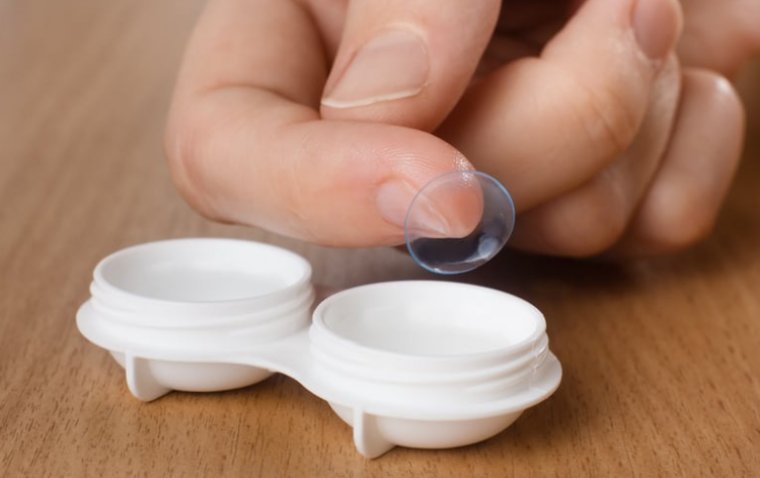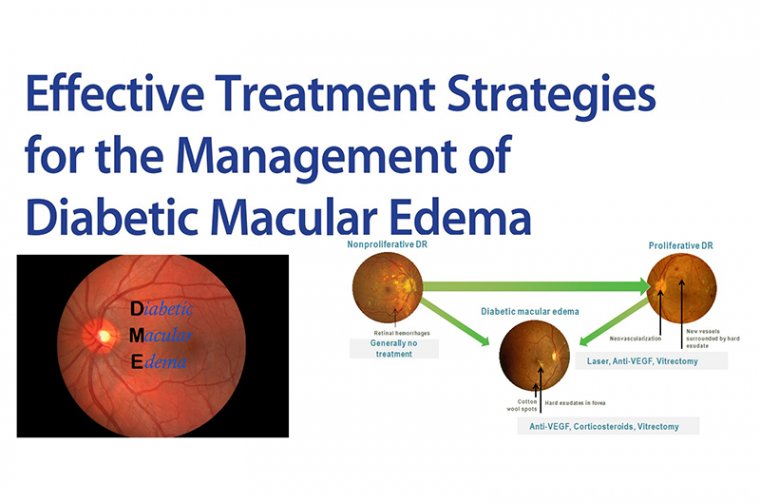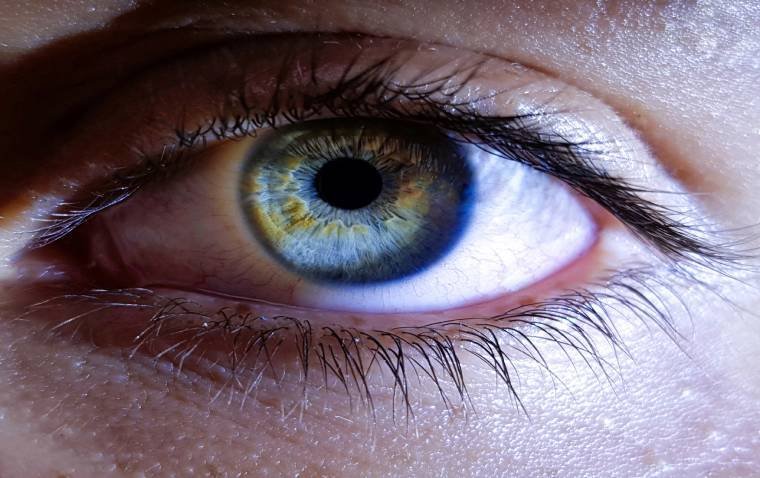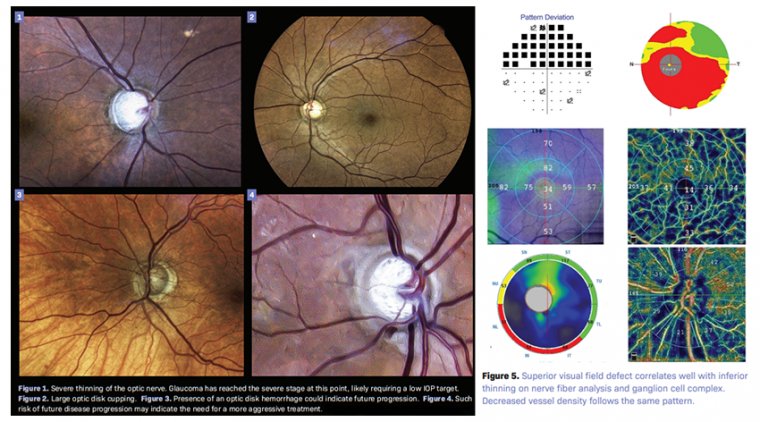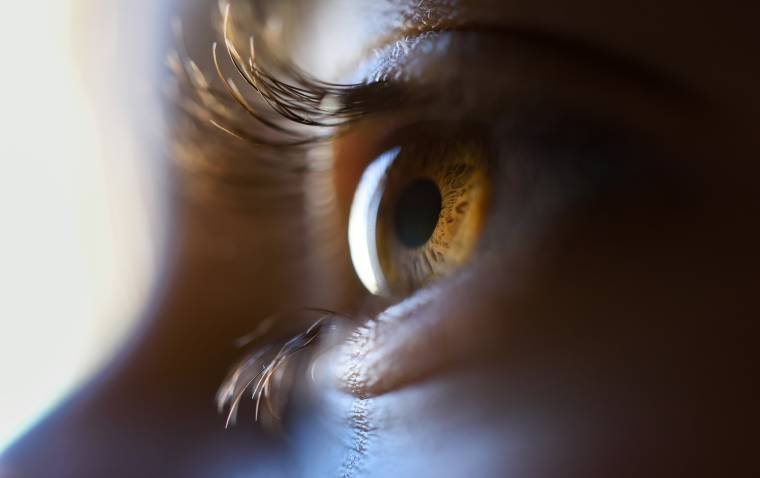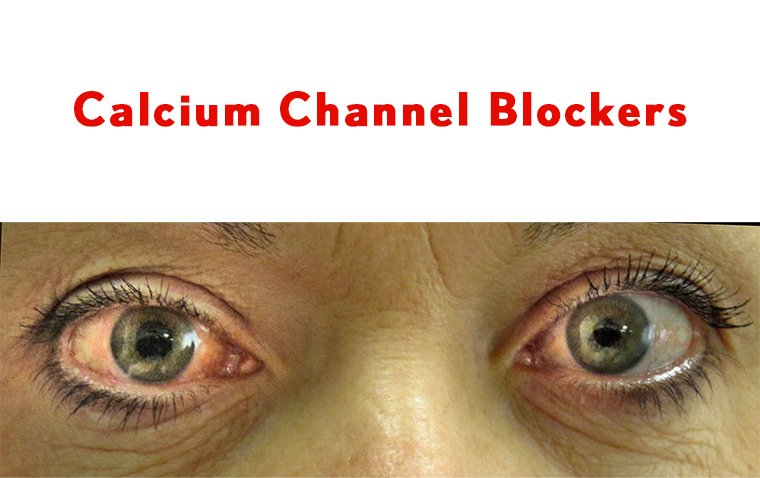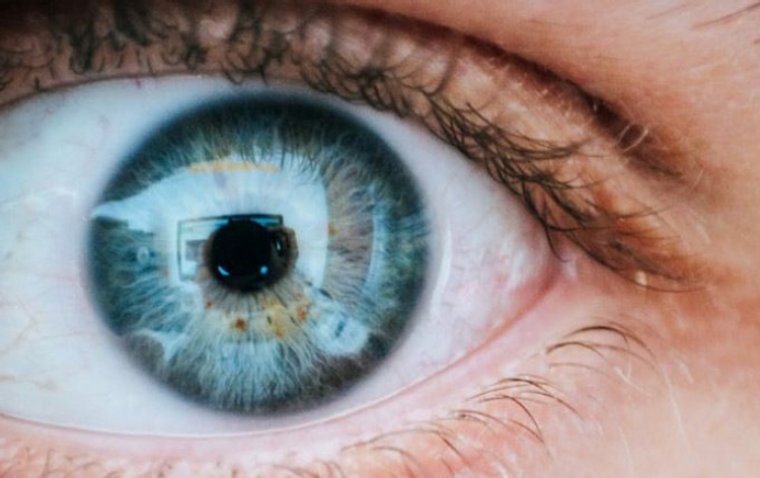
Novel Approach: Oral Probiotics Show Promise in Alleviating Dry Eye Symptoms
At ASM Microbe 2023, the annual meeting of the American Society for Microbiology, a research group from Baylor College of Medicine presented their study on the potential benefits of a commercially available probiotic bacterial strain in treating dry eye disease. The research findings indicated that oral administration of this probiotic strain improved the condition in an animal model.
Dry eye disease affects approximately 1 in 20 people in the United States and can lead to discomfort, inflammation, blurry vision, and even eye damage if untreated. The common treatments for dry eye involve eye drops, gels, or ointments. However, this study explored an unconventional approach by focusing on the role of gut bacteria.
Dr. Laura Schaefer, the presenting author from Baylor College of Medicine, highlighted the connection between the "friendly" bacteria residing in the gastrointestinal tract and their impact on overall health and disease prevention in various parts of the body, including the gut, brain, and lung. Considering this, it is not surprising that the gut microbiome may also influence eye health.
The research group had previously observed that mice given gut bacteria from individuals with severe dry eye due to Sjögren syndrome developed worse eye disease under dry conditions compared to mice that received gut bacteria from healthy individuals. This suggested that the gut bacteria of healthy people could potentially protect the eye surface in dry conditions.
To explore a possible treatment avenue for dry eye, the research group investigated the effects of an orally administered probiotic bacterial strain called Limosilactobacillus reuteri DSM17938 in a mouse model of dry eye. DSM17938 is a commercially available probiotic derived from humans that has already demonstrated protective effects on the gut and immune system in humans and mice, but its impact on eye health had not been tested.
The mice in the study were first treated with antibiotics, which eliminated many of the "friendly" bacteria in their gut. Subsequently, they were exposed to extremely dry conditions and given daily doses of either the probiotic bacteria or a saline solution as a control. After five days, the researchers examined the mice's eyes for signs of disease.
The results showed that the mice that received the probiotic bacteria had healthier and more intact corneal surfaces compared to the control group. Additionally, these mice had a higher number of goblet cells in their eye tissue. Goblet cells are specialized cells that produce mucin, an essential component of tears. These findings suggest that an appropriate oral probiotic treatment could potentially help manage and alleviate dry eye symptoms.
By conducting this study, the research group at Baylor College of Medicine revealed the potential of probiotic bacteria, specifically Limosilactobacillus reuteri DSM17938, in improving dry eye disease. The research highlights the interconnectedness between gut bacteria and eye health, opening up new possibilities for innovative treatments in the future.
(1).jpg)



